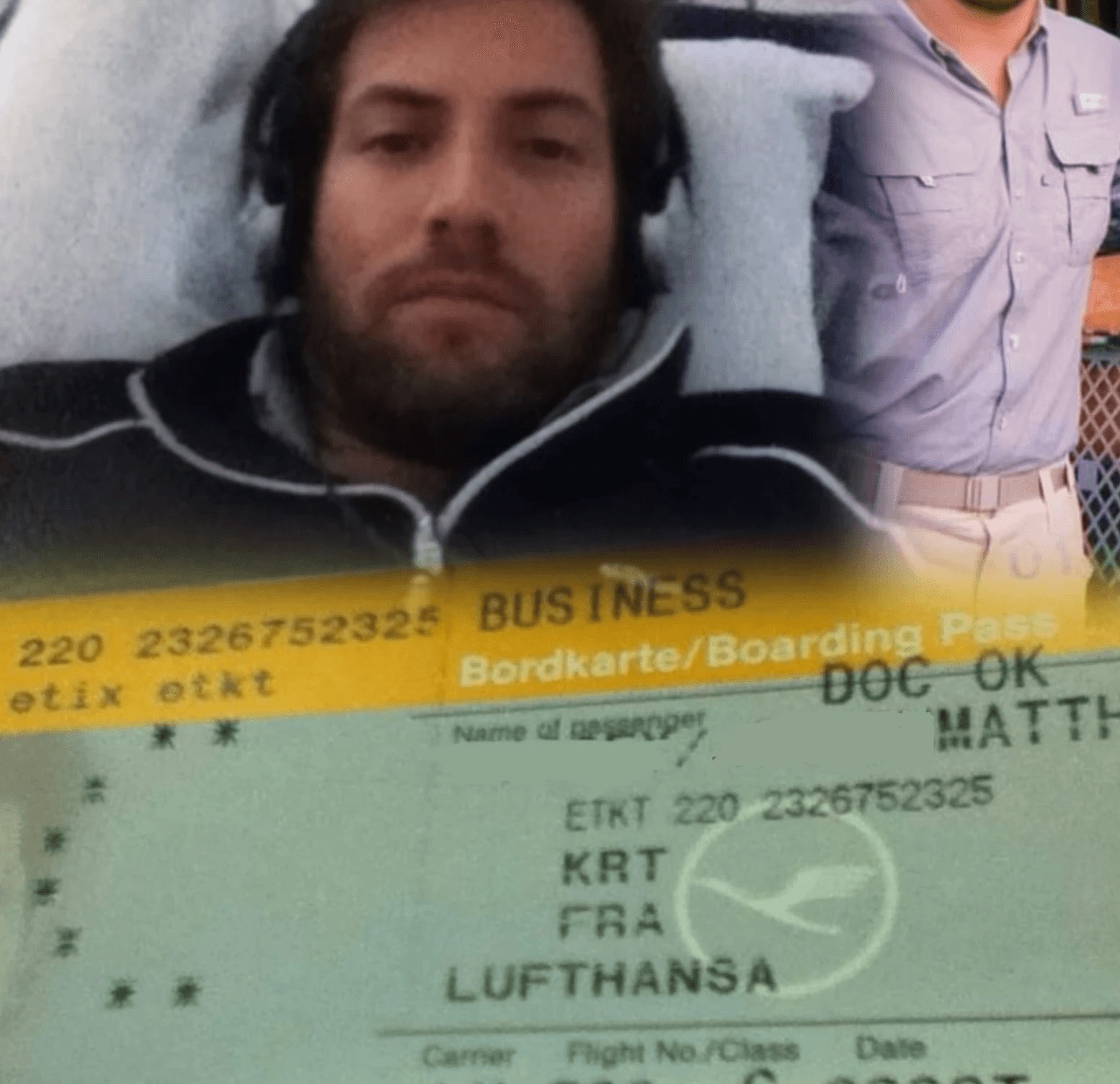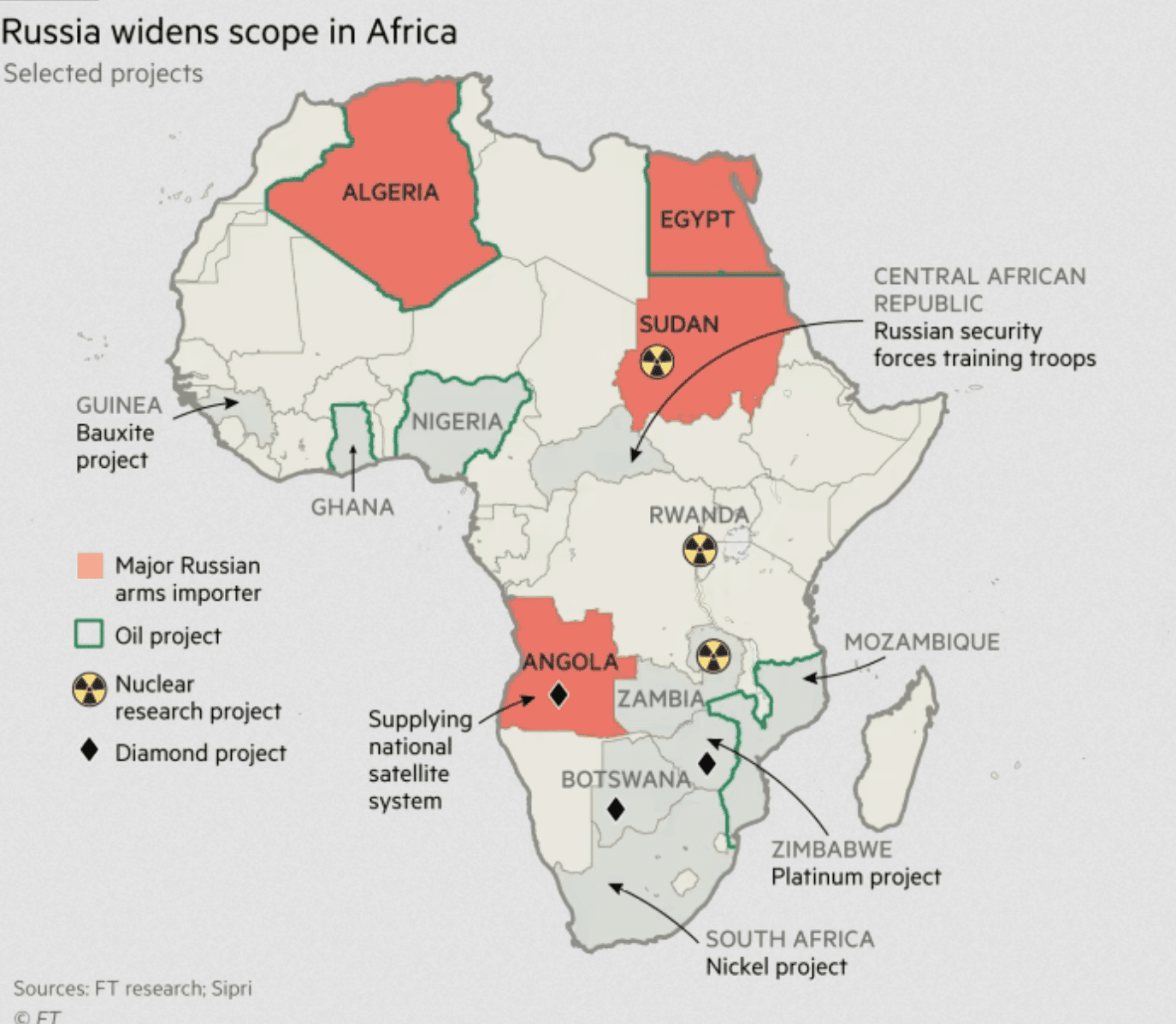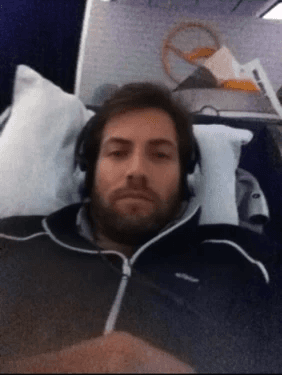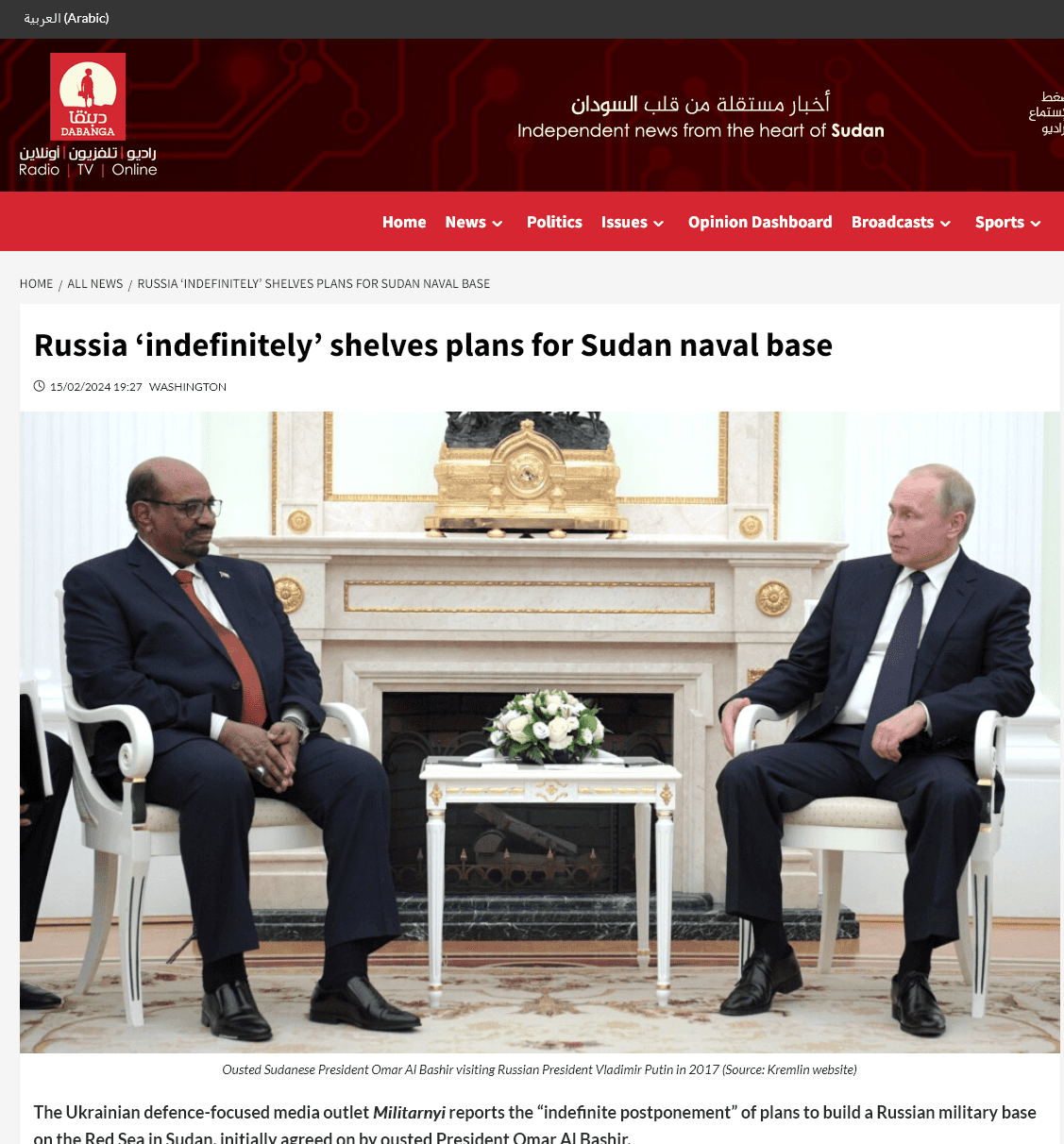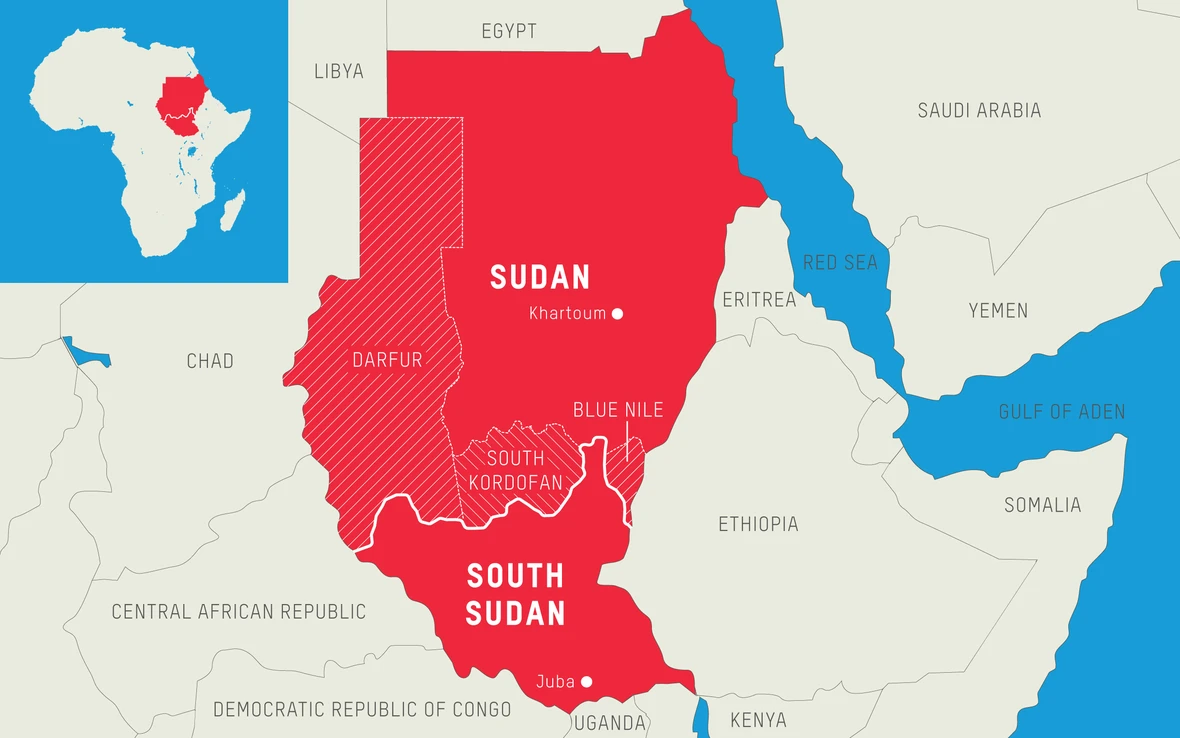Amidst the business class skies, memories of war-torn chaos will forever anchor my heart.
Feb 21, 2024
Upon my arrival at Khartoum Airport for my flight back to Germany, I was upgraded to business class. As I boarded my flight, I couldn't help but feel a jarring contrast between sleeping on dirt floors and waking up to calls to prayer in the city. A wave of emotion hit me, and altered realities collided with the certainty that I would never see some of the remarkable people I met. Overwhelmed by the memories of war-torn chaos, I was struck with sadness. In a moment of concern, a stewardess approached me, asking if everything was okay. Amidst the luxurious business class skies, the memories of conflict and suffering remained anchored deep in my heart, serving as a constant reminder of the altered realities I witnessed and experienced. Knowing this moment jolted my values completely, I left a piece of my heart anchored in Northeast Africa.
After reading about my experiences and the reality I encountered in Sudan, it is clear that the ongoing conflict deeply resonates with me, about my time i spent in various conflict zones, contributing to infrastructure projects aimed at improving the lives of affected communities. One of the projects that stands out is the implementation of a water filtration and treatment system, which provided much-needed access to clean water in villages of South Kordofan state, while also enhancing their defense against rebel groups.
Throughout my travels, I witnessed firsthand the devastating effects of war and the suppression of democratic processes and media freedom. The conflicts in Sudan and other parts of Africa, such as the Horn of Africa and the Democratic Republic of Congo, are complex issues rooted in political instability, economic challenges, ethnic tensions, and resource competition.
The colonial history of Europe's superpowers, including the Netherlands, France, and England, has allowed them to establish lasting relationships with Africa through the extraction of resources. This has created a small, wealthy class at the expense of millions living in poverty and disrupted indigenous economies.
In Northeast Africa, several countries possess valuable natural resources that contribute to their economies and geopolitical significance. Sudan boasts abundant resources, including petroleum, natural gas, gold, iron ore, silver, chrome, copper, zinc, uranium, and hydropower potential along the Nile River. Egypt, with its strategic location and the Nile River, is rich in resources such as petroleum, natural gas, iron ore, phosphates, manganese, limestone, gypsum, talc, and rare earth elements. Ethiopia, known for its fertile agricultural land, has resources like gold, platinum, potash, natural gas, iron ore, copper, and extensive water resources, including the Blue Nile. Eritrea possesses deposits of gold, copper, potash, zinc, oil, and natural gas, along with significant fisheries resources along its coastline. Djibouti, although resource-limited, holds strategic importance due to its location along major shipping routes and potential geothermal energy resources.
Each of these countries harnesses its natural resources to varying degrees, shaping their economic development and geopolitical roles within the region and beyond.
Central Africa is a region located in the heart of Africa, which includes several countries such as Cameroon, Congo-Brazzaville, Gabon, Equatorial Guinea, Chad, and the Central African Republic. These countries are rich in natural resources, including oil, timber, diamonds, gold, uranium, and other minerals. The Central African Republic is primarily known for its agricultural production, which includes cotton, coffee, cocoa, sugarcane, and livestock farming. However, like many African countries, it also depends heavily on extractive industries, particularly diamonds and gold mining, for its economic development. The exact composition of what each country produces can vary greatly depending on their unique geological, political, and economic circumstances.
For years, France has used the resource dependency of Central African countries like Cameroon, Gabon, Chad, and Congo-Brazzaville to support regimes and further their interests. However, advances in internet communication have fueled a growing sentiment against this neo-colonial framework as it creates a small elite class at the expense of millions living in abject poverty. Today, Central Africans are fighting back against the oligarchy created by resource dependency and foreign exploitation to determine their own economic and political future.
It's crucial to shed light on the situation in Sudan, where involvement from other countries such as Russia and Ukraine risks worsening the plight of those who have already fled amidst the ongoing war and famine. The people of Sudan yearn for peace, justice, and a voice that will be heard by the world. As I listened to their stories, I felt a deep sense of connection and empathy, realizing that their struggle is a human issue that demands attention.
Below are some headlines and articles that illustrate how exploitation thrives amidst the chaos:
According to an investigation by the Financial Times, the Wagner Group has reportedly provided security services to numerous vulnerable and conflict-affected countries in Africa and the Middle East. Allegedly, companies linked to Prigozhin, a Russian businessman, generated $250 million from natural resources in these nations during the four years leading up to Russia's invasion of Ukraine.
According to a video released by the Ukrainian news outlet Kyiv Post, Ukrainian special forces are reportedly operating in Sudan. The video depicts a Russian prisoner being interrogated alongside two African men, purportedly from the Sudanese army. In the video, the Russian soldier, identified as belonging to the private military company Wagner, confesses to being part of a group of about 100 soldiers sent from the Central African Republic to overthrow the local government.
Arab Gulf countries are seeking to enhance their power in the Horn of Africa region.
The United Arab Emirates (UAE) is extending its presence in the Middle East and East Africa and has close relationships with Sudan's Rapid Support Forces.
Russia is aiming to build a naval base in Port Sudan, a crucial Red Sea trading route for energy shipments to Europe.
The Wagner Group, a Russian mercenary outfit with strong ties to the Kremlin, has been reportedly working in Sudan since 2017.
Sanctions have been imposed by the US and EU on two Wagner-linked gold mining companies accused of smuggling in Sudan.
As I reflect on my journey and the suffering I've witnessed, I'm reminded of the importance of acknowledging our past mistakes and working towards a future free from authoritarianism and ground wars. It's a reminder to appreciate the freedoms we often overlook and to stand up for justice and equality for everyone. As I boarded my flight back to reality, I will forever carry with me the memories of the struggles faced by those I've met along the way. Their resilience and determination serve as a constant reminder of the work that still needs to be done to create a world where everyone has the opportunity to thrive in peace and freedom.
